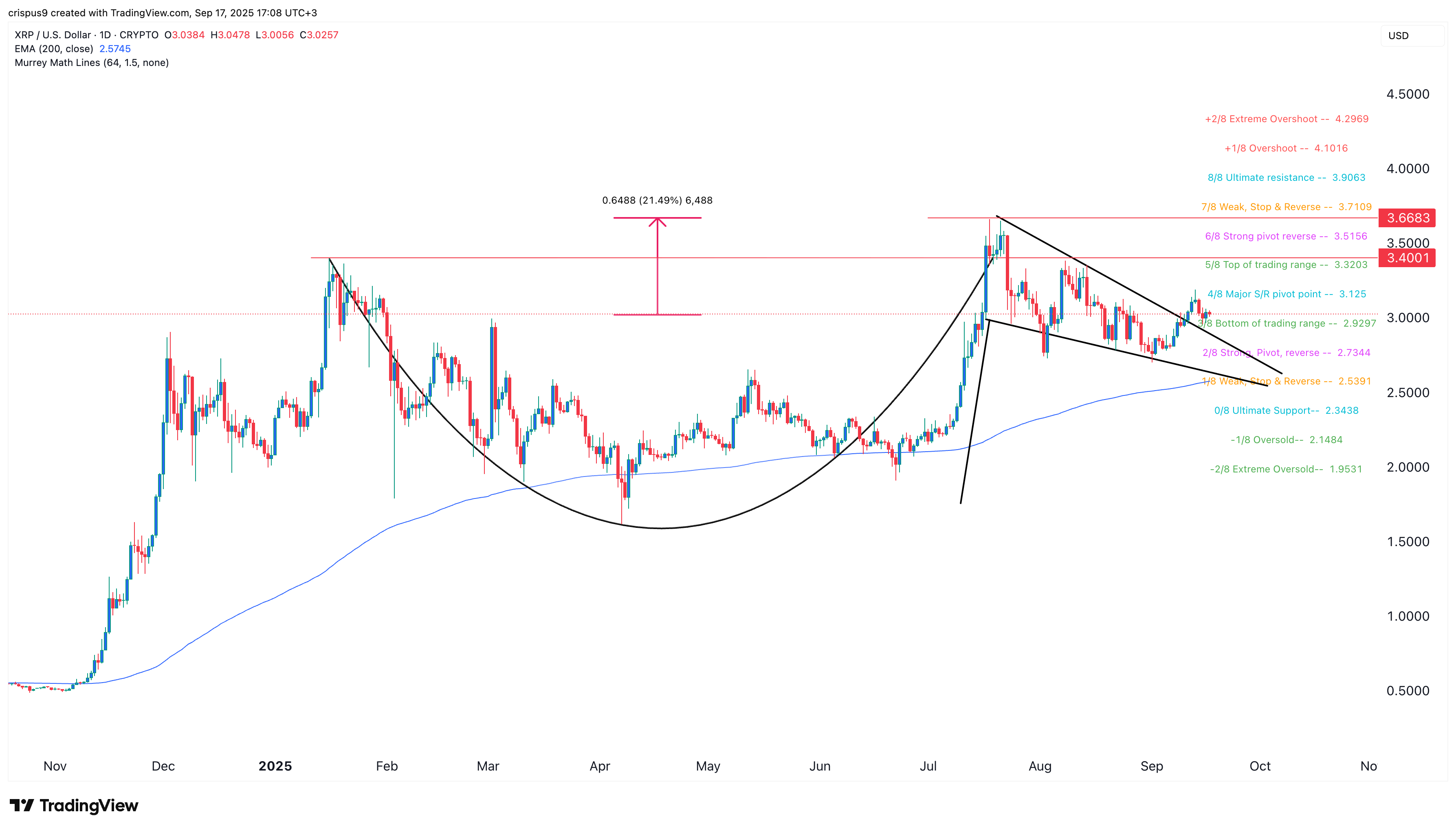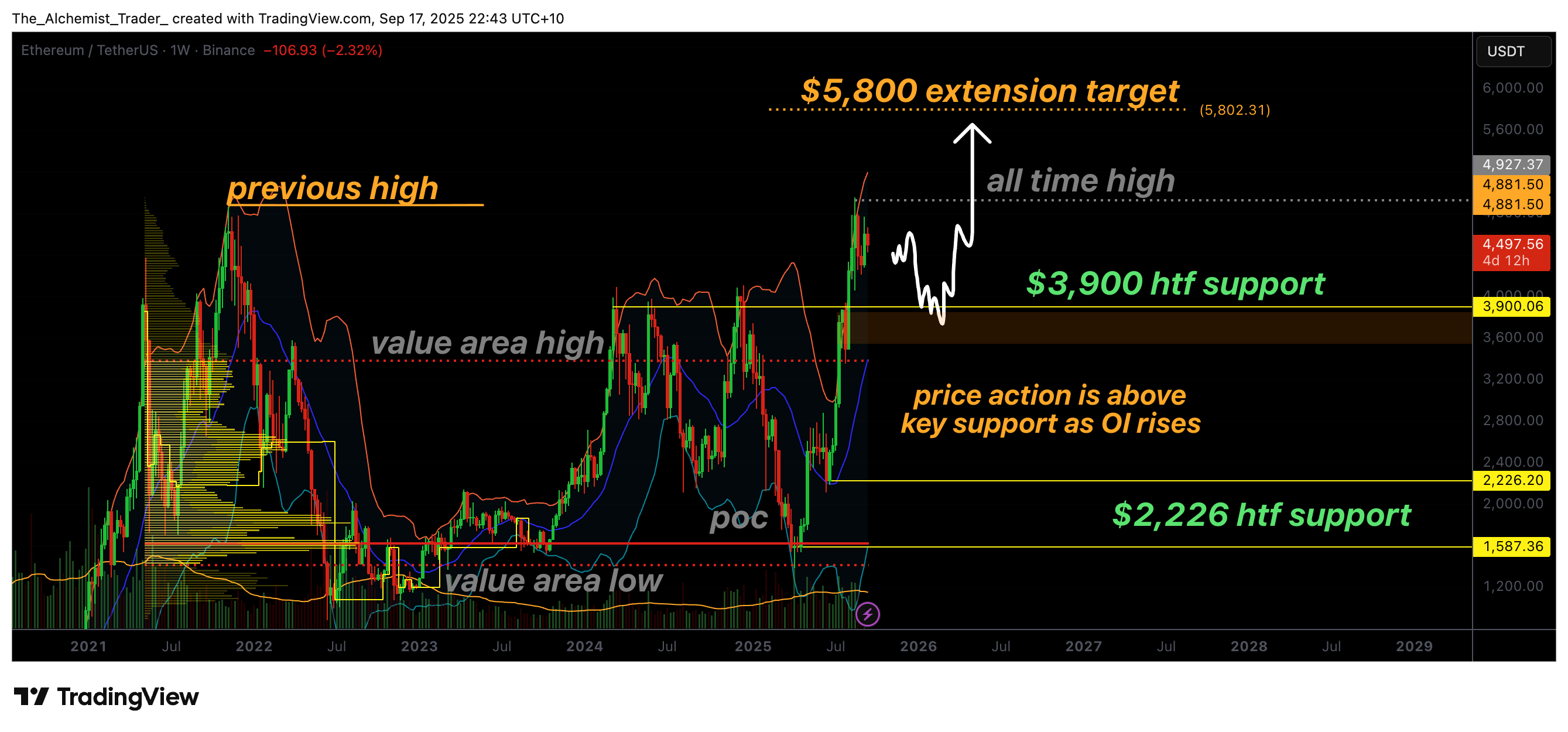Turkey’s parliament passes crypto bill with prison terms and fines up to $182k

The Turkish parliament passed a crypto bill regulating crypto use, with fines ranging from $7,500 to $182,600 and prison terms of three to five years for violations.
Turkish legislators approved the crypto bill introduced by ruling party chairman Abdullah Güler, which includes fines of up to $182,600 and imprisonment of up to five years for violations, as first reported by crypto.news Türkiye.
The bill has now been sent to Turkish President Recep Tayyip Erdoğan for approval. If approved, the decision will be published in the Official Gazette by the end of the week, bringing the bill into effect.
Under the new bill, crypto exchanges that wish to operate legally in the country must be licensed by the Capital Markets Board, Turkey’s financial regulatory and supervisory agency. Unauthorized crypto platforms offering trading services could face prison sentences of three to five years.
Crypto providers will also be responsible for implementing and reporting measures such as seizures and other legal enforcement actions. Additionally, crypto platforms must ensure that customer fund transfers — including deposits and withdrawals — are accessible and traceable by legal authorities.
Although not included in the bill, a transaction tax of 0.04% may be levied on investors’ crypto trades, though it is unclear when and how this will be regulated.
Turkey has been considering crypto regulation since 2021, after the Financial Action Task Force (FATF) included the country in its “grey list” for failing to supervise its banking, real estate, and other sectors vulnerable to money laundering practices.
In November 2023, Turkey’s Treasury and Finance Minister Mehmet Şimşek said that the country was finally introducing crypto legislation. Speaking to the nation’s planning and budget commission, he noted that Turkey has met 39 of the 40 FATF standards and was in the “final stage” of compliance.
In early 2024, Şimşek emphasized that the upcoming regulations aim to mitigate the risks associated with crypto trading and protect retail investors. Key aspects of these regulations allegedly include legal definitions of crucial crypto-related terms such as “crypto assets,” “crypto wallets,” and “crypto asset service providers.”




